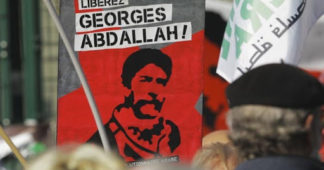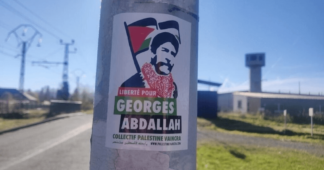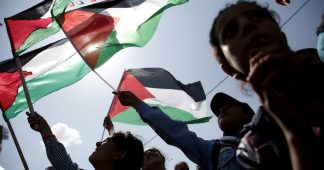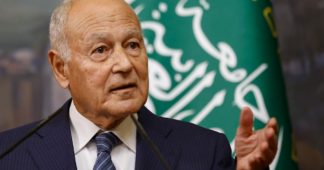The Lebanese pro-Palestinian Marxist activist has been detained in France for almost 40 years for complicity in the assassination of two diplomats, one American and one Israeli, in Paris in 1982. Eleven years after his last attempt, he has applied for parole.
On October 25, Georges Ibrahim Abdallah is due to get up at 4:30 am, as has been his custom for decades. He spends this quiet moment watching the Arabic news channels in the Lannemezan prison, located in southwest France. At 8:30 am, in keeping with his morning routine, the Lebanese septuagenarian, sentenced to life imprisonment for complicity in the 1982 assassinations of two diplomats in Paris, one American and the other Israeli, will go down to the exercise yard. There, he will do his daily physical exercises, before returning to his cell to shower, read and answer the 20 or so letters he receives every day.
But the morning of October 25 won’t be quite like any other. It will mark the 40th “anniversary” of the detention of Abdallah. The date has a bitter taste for this pro-Palestinian Marxist activist, long forgotten in France, but whose name and face haunted newsrooms, courtrooms and even the highest institutions of government in the mid-1980s. The foot soldier in the shadow war waged by Israel and its Arab enemies in European capitals at the time has become, according to his defenders, “the oldest political prisoner in France and even Europe.” His detractors see him more as a terrorist, proud to have killed US Lieutenant Colonel Charles R. Ray on January 18, 1982, and Yacov Barsimentov, second secretary at the Israeli embassy and probably affiliated to Mossad, on April 3, 1982. These assassinations took place at a time when fighting was raging between Israel and the fedayeen of the Palestine Liberation Organization (PLO), then based in Lebanon.
Although he has been eligible for release for a quarter of a century, the founder of the Lebanese Armed Revolutionary Factions (LARF), a small group close to Georges Habache’s Popular Front for the Liberation of Palestine, has never been freed, despite 11 requests to do so since 2001. All have been rejected, at every level of the French judiciary, on the grounds that he has never repented of his acts, that he refuses to compensate the families of the two victims and that his return to Lebanon would constitute a threat. This argument was put forward against a backdrop of pressure from the United States and interference by the public
Continue reading at www.lemonde.fr
We remind our readers that publication of articles on our site does not mean that we agree with what is written. Our policy is to publish anything which we consider of interest, so as to assist our readers in forming their opinions. Sometimes we even publish articles with which we totally disagree, since we believe it is important for our readers to be informed on as wide a spectrum of views as possible.










